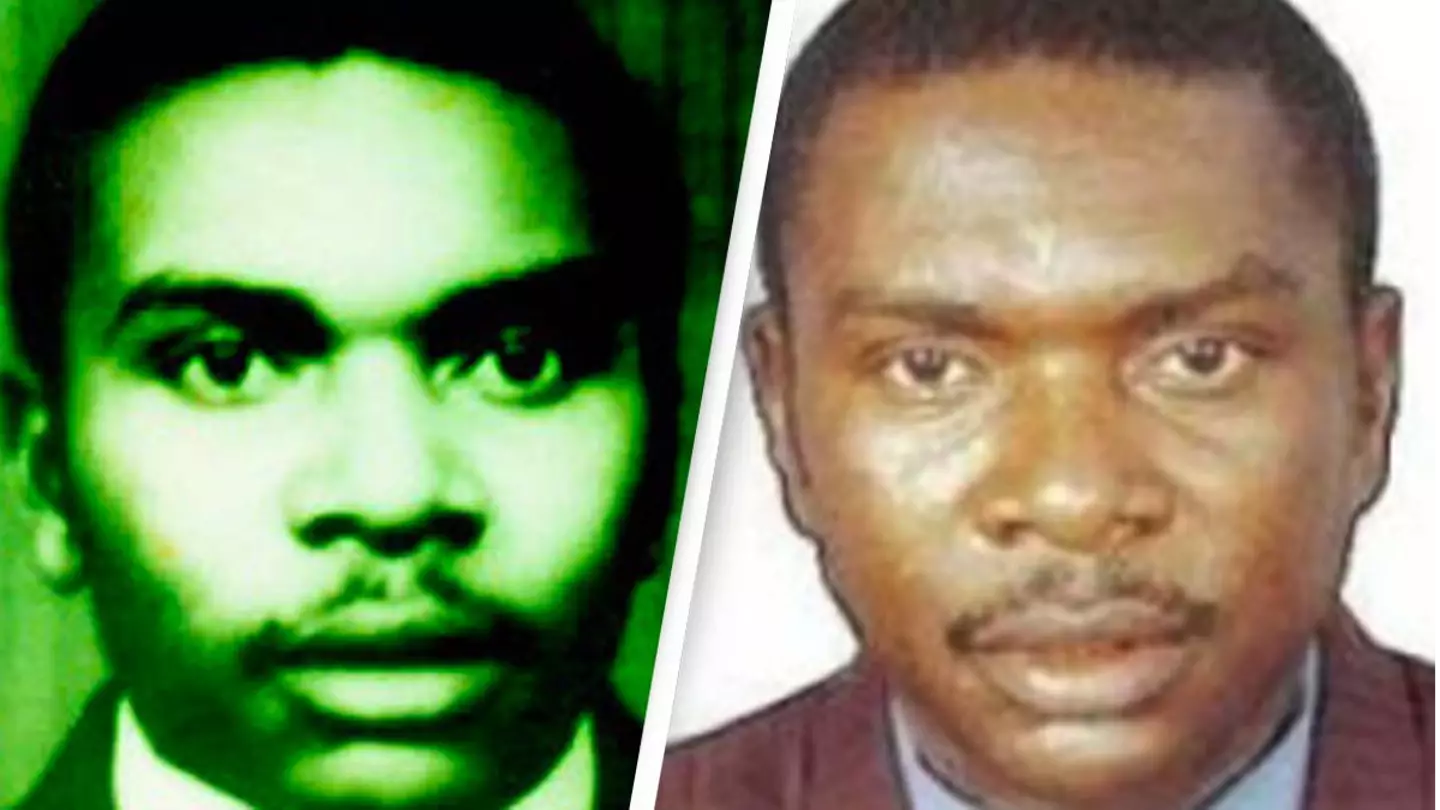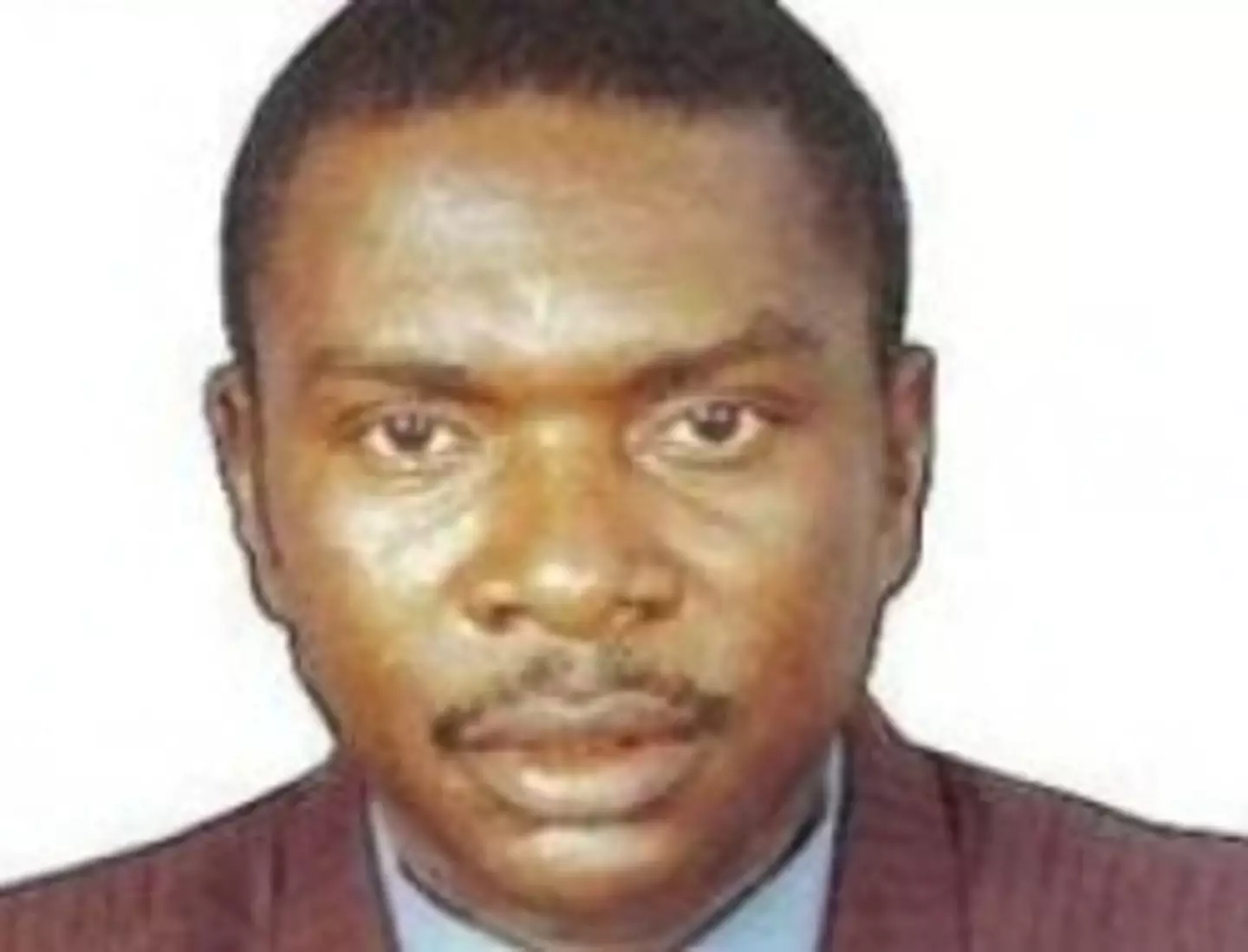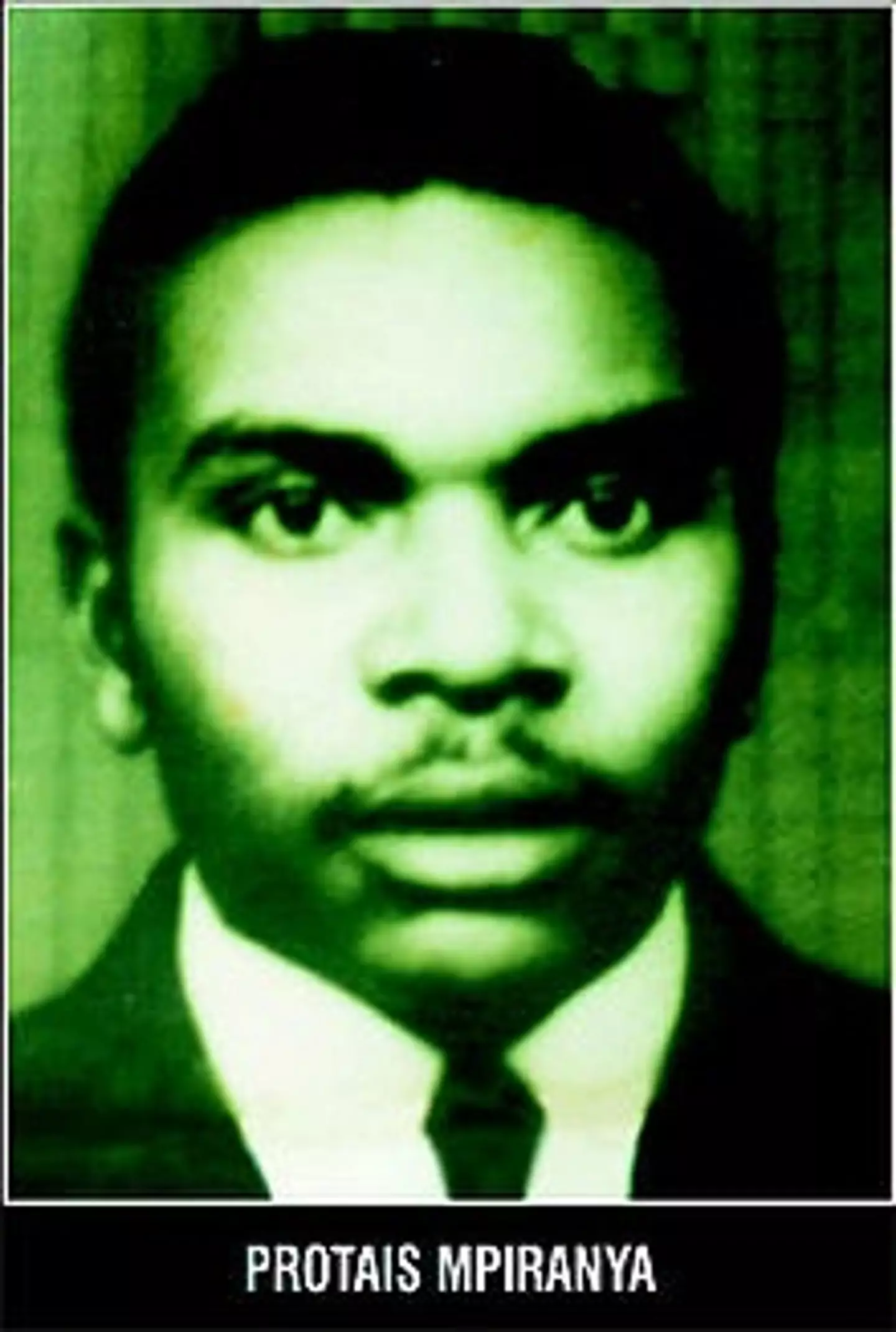
A 20-year manhunt for one of the world’s most-wanted killers, Protais Mpiranya, has come to an end.
The body of the former commander of the Rwandan Presidential Guard, who was indicted for genocide, was found buried under a stone slab bearing a false name – Sambao Ndume – in Harare, Zimbabwe.
His body was exhumed from Granville cemetery in April at the request of UN investigators, and Mpiranya’s identity was subsequently confirmed by DNA analysis on Tuesday.
It is reported that he died aged 50 in the Zimbabwean capital in October 2006 of a heart attack brought on by tuberculosis.
Advert

The Guardian has reported that Mpiranya had been living in Zimbabwe under a false identity for four years, despite its government insisting he wasn't.
UN investigators have claimed that he arrived in the country in 2002 via a Zimbabwean military plane after being first indicted by the International Criminal Tribunal for Rwanda.
They also alleged that he had been in frequent contact with Zimbabwean officials in then-president Robert Mugabe’s regime, who were aware of his identity as an ally in the second Congo war of 1998-2003.
Advert
After the fall of the Hutu regime in July 1994, Mpiranya fled to Cameroon for four years before he moved on to the Democratic Republic of Congo (DRC), fighting with Hutu forces and Zimbabwean troops on behalf of the country’s president, Laurent Kabila, against the Rwandan army.
In 2002, Mpiranya was charged with overseeing the slaughter of thousands of Rwandans and abetting the murder of many more.
The fugitive, who was the last of the main figures of the Rwandan genocide to be accounted for, outlasted the International Criminal Tribunal for Rwanda, which was established in 1994.
The tribunal had indicted him on eight counts, including genocide and crimes against humanity, but he fled before they could make him stand trial.
Advert

By May 2020, Mpiranya was the last major fugitive among the 93 accused indicted by the ICTR, and the most-wanted war crimes suspect in the world.
UN prosecutor Serge Brammertz, who led the hunt, said finding his body 'provides the solace of knowing that he cannot cause further harm'.
Although they found Mpiranya’s body, UN prosecutors are still looking for five more indictees.
Advert
In light of the find, Brammertz told the publication: “Of course the goal is to arrest fugitives. But we need to account for them, one way or the other.
"First, because as they say themselves, survivors and victims want a final answer.
“And second, to say this person is dead means they can’t cause further harm, and they aren’t living this nice life as a fugitive somewhere while the victims try to rebuild their lives.
“And, of course, for the UN and our mandate, we have to demonstrate our determination and that we go all the way.”
Topics: Crime, World News
